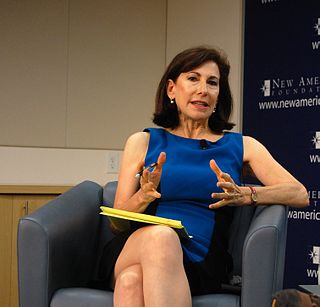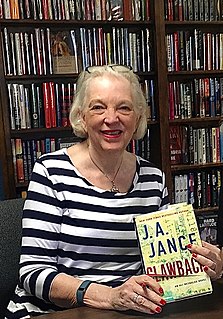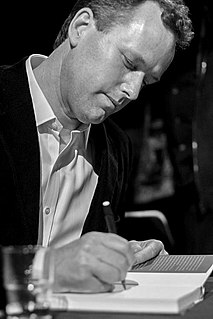A Quote by Emily Yoffe
If you didn't want to be written about, you shouldn't have been born to a writer!
Related Quotes
Just write. If you have to make a choice, if you say, 'Oh well, I'm going to put the writing away until my children are grown,' then you don't really want to be a writer. If you want to be a writer, you do your writing... If you don't do it, you probably don't want to be a writer, you just want to have written and be famous—which is very different.
Everyone always asks, was he mad at you for writing the book? and I have to say, Yes, yes, he was. He still is. It is one of the most fascinating things to me about the whole episode: he cheated on me, and then got to behave as if he was the one who had been wronged because I wrote about it! I mean, it's not as if I wasn't a writer. It's not as if I hadn't often written about myself. I'd even written about him. What did he think was going to happen? That I would take a vow of silence for the first time in my life? "
No one can teach writing, but classes may stimulate the urge to write. If you are born a writer, you will inevitably and helplessly write. A born writer has self-knowledge. Read, read, read. And if you are a fiction writer, don't confine yourself to reading fiction. Every writer is first a wide reader.
No one can teach writing, but classes may stimulate the urge to write. If you are born a writer, you will inevitably and helplessly write. A born writer has self-knowledge. Read, read, read. And if you are a fiction writer, dont confine yourself to reading fiction. Every writer is first a wide reader.
You know, my problem with most screenwriting is it is a blueprint. It's like they're afraid to write the damn thing. And I'm a writer. That's what I do. I want it to be written. I want it to work on the page first and foremost. So when I'm writing the script, I'm not thinking about the viewer watching the movie. I'm thinking about the reader reading the script.
































